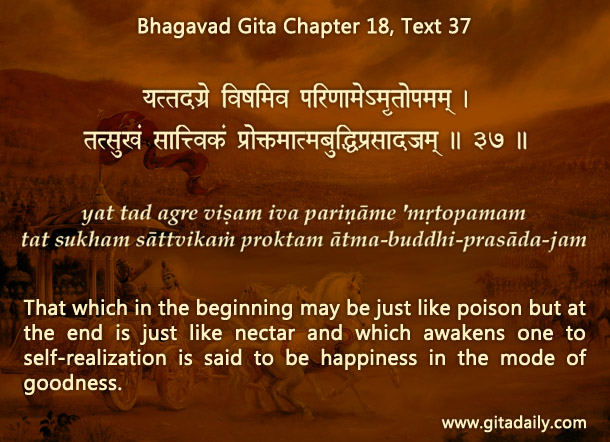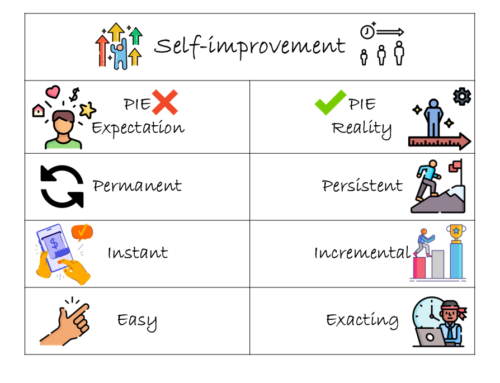When we feel worthless – Suppose we find ourselves trapped in a dark dungeon. We struggle in vain to pry out the rocks from a place where we think there is a way out. In the process, we overlook another place where the rocks can be easily pried out to reveal an escape.
We sometimes find ourselves trapped in an emotional dungeon due to feelings of worthlessness. To feel better, we believe we need to do something wonderful, whereas what we actually need is to do something worthwhile. Here’s why:
We overestimate the wonderful: Doing something wonderful seems attractive because it catches everyone’s attention. Yet wonderful moments, which result from doing wonderful things, don’t come very often or stay for very long. Even if someone has such extraordinary talent as to do wonderful things regularly, still doing those things repeatedly will make them feel less and less wonderful.
If our sense of self-worth depends on our doing something wonderful, we set ourselves up for demoralization as our ability wanes or someone else’s ability supersedes ours. Even the fear that our best may be forever behind us can be crippling.
We underestimate the worthwhile: Doing something worthwhile doesn’t seem too attractive because it may not be noticed much by others. Nonetheless, doing something worthwhile is much more in our control than doing something wonderful. Moreover, doing something worthwhile is the building block for doing something wonderful. The greatest paintings resulted from one line drawn at a time, over a long time. The grandest buildings arose one brick at a time. The best books were written one word at a time. When we engage in the worthwhile, we gain a sense of purposeful absorption that makes life increasingly meaningful and fulfilling. Pertinently, the Bhagavad-gita (18.37) states that tolerating poison paves the way to relishing nectar.
One-sentence summary:
To overcome feelings of worthlessness, we don’t need to do something wonderful; we just need to do something worthwhile.
Think it over:
- Why do we overestimate the wonderful?
- Why do we underestimate the worthwhile?
- How do these two misestimations trap us?
***
18.37: That which in the beginning may be just like poison but at the end is just like nectar and which awakens one to self-realization is said to be happiness in the mode of goodness.
To know more about this verse, please click on the image
Explanation of article:
Podcast:



Leave A Comment